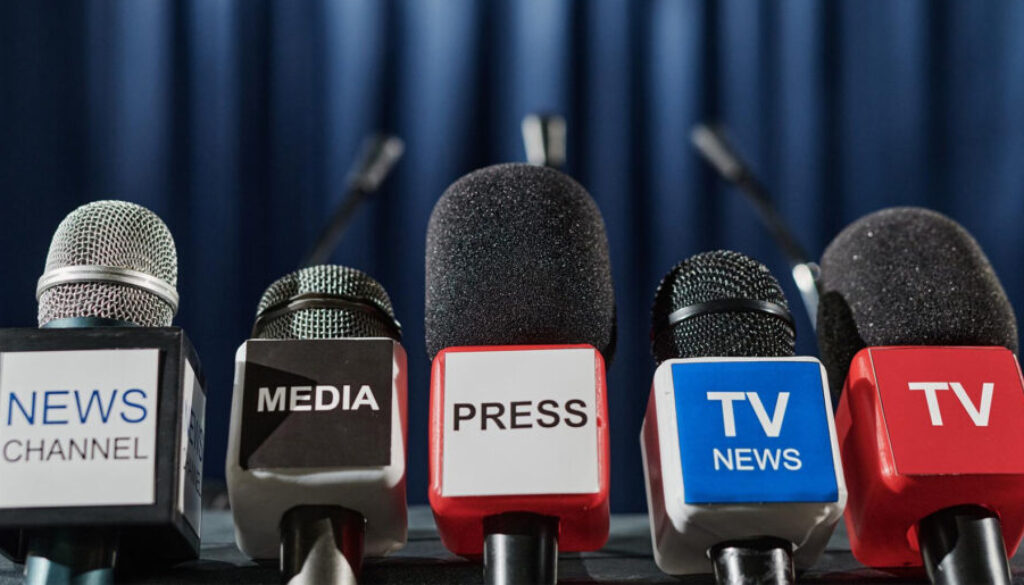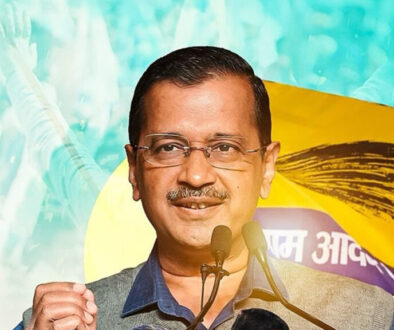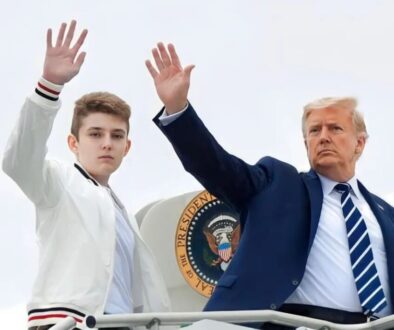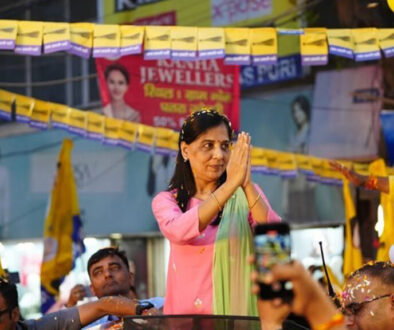Table of Contents
Media and Politics
With the development of modern information technologies and the incredible speed at which information spreads, it is almost impossible not to notice the relationship between media and politics. Indeed, media is something more than “just another way to receive information” because it represents a powerful tool crucial for both establishing ties among the public and shaping public opinion. Here is the list of ten most important ways in which media and politics are interlinked.
- Media Framing: As seen from the examples of media, this powerful framing tool can impact how society perceives certain issues.
- Political Advertising: Every day, people are exposed to hundreds of ads used by politicians and political parties to shape their opinions and preferences.
- Media Bias: It is another controversial issue where the current trend is the increased interest in blogs and alternative media where the journalist can express his/her own support for one side.
- Gatekeeping: Ascribed to the influence of media on constructing the public agenda, the gatekeeping function has critical implications for politics.
- Social Media: The New Frontier of Political Discourse The rise of social media has transformed the landscape of political communication. Twitter, Facebook, and YouTube are now arenas for political warfare, enabling politicians, activists, and the general public to interact with audiences on a worldwide basis.
- Media Literacy: Empowering People With scarce information and a great deal of misinformation, media literacy is critical nowadays. Media literacy lessons can immunize people against propaganda, misinformation, and emotional manipulation by giving them the skills to analyze current events critically.
- The Fourth Estate: Safeguarding Democracy The media plays a crucial part in scrutinizing power and serving as a democratic watchdog while functioning as the “fourth estate” of governance. The press exposes corruption, abuses of authority, and other misconduct via journalism, exposés, and whistleblowing, all of which help to keep things transparent and accountable.
- Agenda Setting: Shaping the Public’s Priorities Newspapers not only report on news stories but may also choose how much consideration to present them. The media may influence the subjects that become prevalent in political discussions and policy choices by their coverage of occurrences and problems.
- Framing Political Debates: Influencing the Discourse Certain news businesses have a lot of authority when it comes to how political themes are discussed and settled. By shaping the political discussion in this manner, they have the potential to affect how politicians and their plans are regarded by the general public.
- Crisis Communication: Steering Political Crises. The media is vital during disasters or crises such as natural disasters, terrorist attacks, and pandemics, when it discusses with the public what is going on and what policies must be established.
Thus, although the above are the ten core ways in which media impacts politics, the interaction between the media and politics is far more diverse. Furthermore, media influence on politics is supplemented by the many other factors that include media ownership, technological development, regulation, and cultural factors. Thus, it is imperative to bear in mind the complexity of the media-politics interaction to guarantee better democratization outcomes in the modern post-technology era.
For more updates on Media and Politics visit our Global Insightify: Homepage




